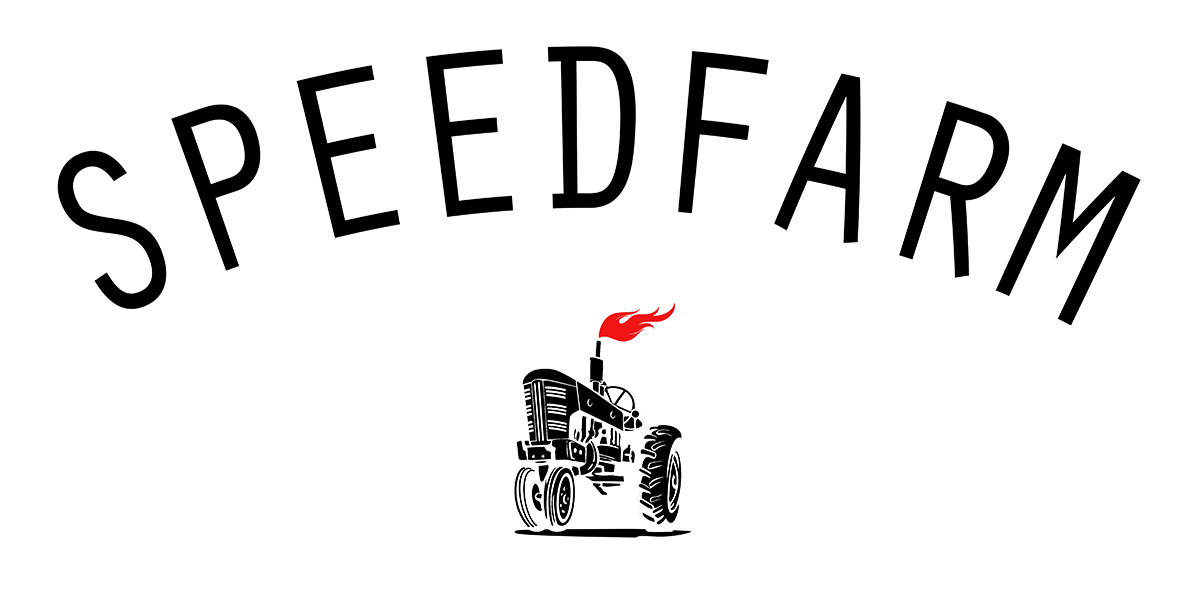“I am a scientist, I seek to understand me” – Guided By Voices
As an athlete searching for your lifetime best performance you (and your coach) are wise to think like scientists.
Proper scientific method involves proposing a hypothesis and then devising an experiment to test that hypothesis.
The hypothesis takes the form of, this site for example: I (we) believe that this training program will result in increased fitness, information pills increased overall health and progression towards peak performance.
We try to form intelligent hypotheses (training programs) based on past experience of what has worked or not worked, research on what seems to work for other athletes and an educated guess on what may produce the best results in our experiment.
The experiment you are conducting is an attempt to discover which of the myriad possibilities of training program, workout structure, recovery modes, race strategy, nutrition etc. produce the best results for your own unique physiology.
Ideally, you get a positive result: the training intervention results in increased fitness and race performance. This tells you we’re on the right track and provides useful information to devise the next “experiment”.
A negative result, of course, also provides invaluable information on what does not work for you. Even if McMillan’s calculator says you should run mile repeats at x:xx pace, learning that this trashes you and leaves you too stressed and sore is very good information!
Like a good scientist, you must conduct this process of training proposal, experimental procedure (the training itself) and analyzing the results in a methodical way and take careful notes as you go.
Getting a significant result (good or bad performance) means nothing if you have no idea exactly what the training was that led to this!
Too many runners follow generally random programs, record too little data on what they are doing, get predictably random race results from their training and then end up puzzled and frustrated about how to improve.
If I could switch metaphors for a second, this random approach is like trying to bake a cake by throwing a bunch of unlabeled ingredients into a bowl, not writing down what you did and putting the whole mess in an oven and hoping for the best. You may end up with a wonderful cake which you would never be able to make again…or more likely a disgusting mess which you would be unable to avoid recreating every time you bake. Neither is really that helpful.
So be a good scientist: devise a smart hypothesis, follow experimental protocols carefully, collect lots of reliable data as you go along and look honestly at the results.
Then repeat.
